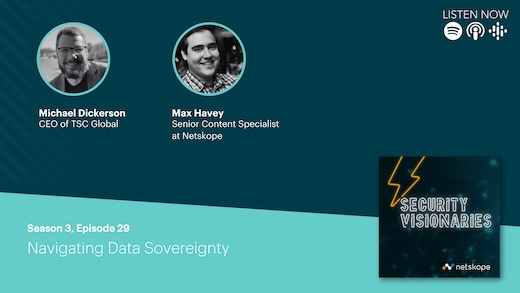Threat actors exploiting cloud services are keeping me very busy in these final days of this troubled 2022. The main character of this Cloud Threats Memo is MuddyWater (also known as Earth Vetala, MERCURY, Static Kitten, Seedworm, and TEMP.Zagros), one of the most prolific cyber espionage groups, active since at least 2017, and believed to be a subordinate element within Iran’s Ministry of Intelligence and Security (MOIS).
Researchers at Deep Instinct’s Threat Research team have identified a new campaign by this group targeting Armenia, Azerbaijan, Egypt, Iraq, Israel, Jordan, Oman, Qatar, Tajikistan, and United Arab Emirates, and characterized by a new arsenal of adversary tactics, techniques, and procedures (TTPs) including (but I bet you already know it) the abuse of two legitimate well-know cloud services.
This campaign was observed in the beginning of October and possibly started in September. Similar to other operations by the same threat actor, the initial attack vector is a spear phishing email, however what makes this campaign different from the previous ones is the use of a new remote administration tool named “Syncro.” delivered in two different ways: through a direct link embedded into the email pointing to a Dropbox link hosting the Syncro installer, or an HTML attachment (a simple way to evade most email security solutions) containing a link to OneDrive pointing, once again, to the Syncro installer.
This is yet another example of legitimate cloud services being exploited by state-sponsored threat actors. What seemed to be an exception just a few months ago, is now becoming the norm with more and more cloud apps joining the club. In fact, if OneDrive is the most exploited service to deliver malware (and not only for state-sponsored actors), Dropbox has gained a solid reputation among Advanced Persistent Threats, with multiple operations unearthed on a regular basis over the course of the last couple of years.
How Netskope mitigates the risk of legitimate cloud services exploited to deliver malware
Dropbox and OneDrive are among the thousands of services where the Netskope Next Gen SWG can provide granular access control, and one of the dozens for which instance detection is also available. To defend against attacks where a legitimate cloud service is exploited to distribute malware, it is possible to configure a policy that prevents potentially dangerous activities (such as download) from non-corporate instances, or in general from any unneeded cloud storage service for the enterprise.
Netskope customers are also protected against malware distributed from a legitimate cloud service by Netskope Threat Protection. Netskope Threat Protection scans web and cloud traffic to detect known and unknown threats with a comprehensive set of engines including signature-based AV, machine learning-based detectors for executables and Office documents, and sandboxing. Netskope Cloud Exchange provides powerful integration tools to leverage investments across their security posture through the integration with third-party tools such as threat intelligence feeds and endpoint detection technologies.
Finally, Netskope Advanced Analytics provides specific dashboards to assess the risk of rogue cloud instances being exploited to deliver malware or becoming the target of anomalous communications, with rich details and insights, supporting security teams in the analysis and mitigation/remediation process.
You can subscribe to the Cloud Threats Memo mailing list at this link.
Stay safe!




 Zurück
Zurück 





















 Den Blog lesen
Den Blog lesen